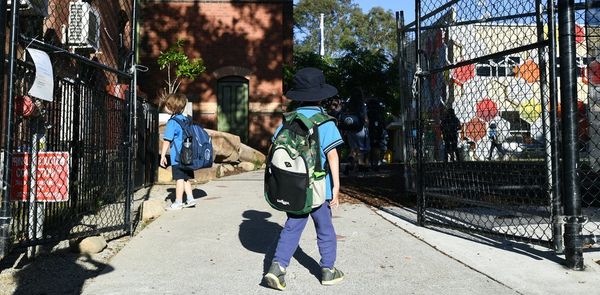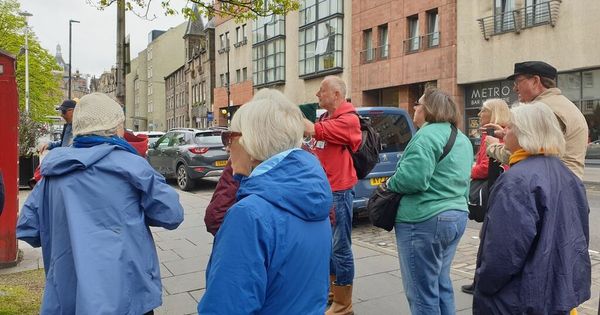Québec is hoping to enact a new law requiring that all businesses in the region operate in French, in order to protect the province’s native language.
Québec is the largest region of Canada with the country’s second-highest population. However, what makes the region unique in terms of Canadian history, is that the province was colonized by the French, rather than the British like the rest of the country. This has given the Québécois a very different culture compared to the rest of the nation.
The main difference is that the native language is French, compared to most of Canada which speaks English. However, as people live, work, and travel between different regions, English is being spoken more widely. The government hopes to introduce Bill 96 into law, which will ban speaking English within the region’s businesses.
Québec, and its largest city Montréal, are huge players in the gaming industry. Almost 300 video game-related companies call the province home, hiring around 11,000 developers and generating $1.75 billion ($1.35 billion USD) each year. Major studios such as Éidos-Montréal, Warner Bros. Studios, and most notably Ubisoft, all operate from the region and often hire highly-skilled workers from English-speaking areas.
Speaking anonymously to CBC, an English-speaking developer in Québec explained their concerns that they would have to find work elsewhere. They explained that before they were hired they were assured that all “meetings are held in English and learning French was optional and not expected.”
They went on to claim that the plan to introduce the new law has other employees nervous. They said, “You already see it, with some people who are looking at Bill 96 and saying: ‘OK, it’s time for me to pack up and leave.'”
Even French-speaking developers currently in Québec are apparently worried about what the new law means for their companies. Montréal is currently seen as a prime location for game development, but businesses are worried the extra hurdle of learning French may discourage people from applying, instead opting for other locations such as California.
Christopher Chancey, the chairman of the board of the Guilde du jeu vidéo du Québec, shared his concerns stating, “Our fear is that this is sending out a message [that Québec is] not inclusive to other cultures.” The government is currently discussing a six-month English speaking grace period for new employees, and a new service to aid people in learning the language.
In other Ubisoft news, the creative director for Mario + Rabbids: Sparks of Hope has said the game is “more dynamic.”
Written by Georgina Young on behalf of GLHF.
b










